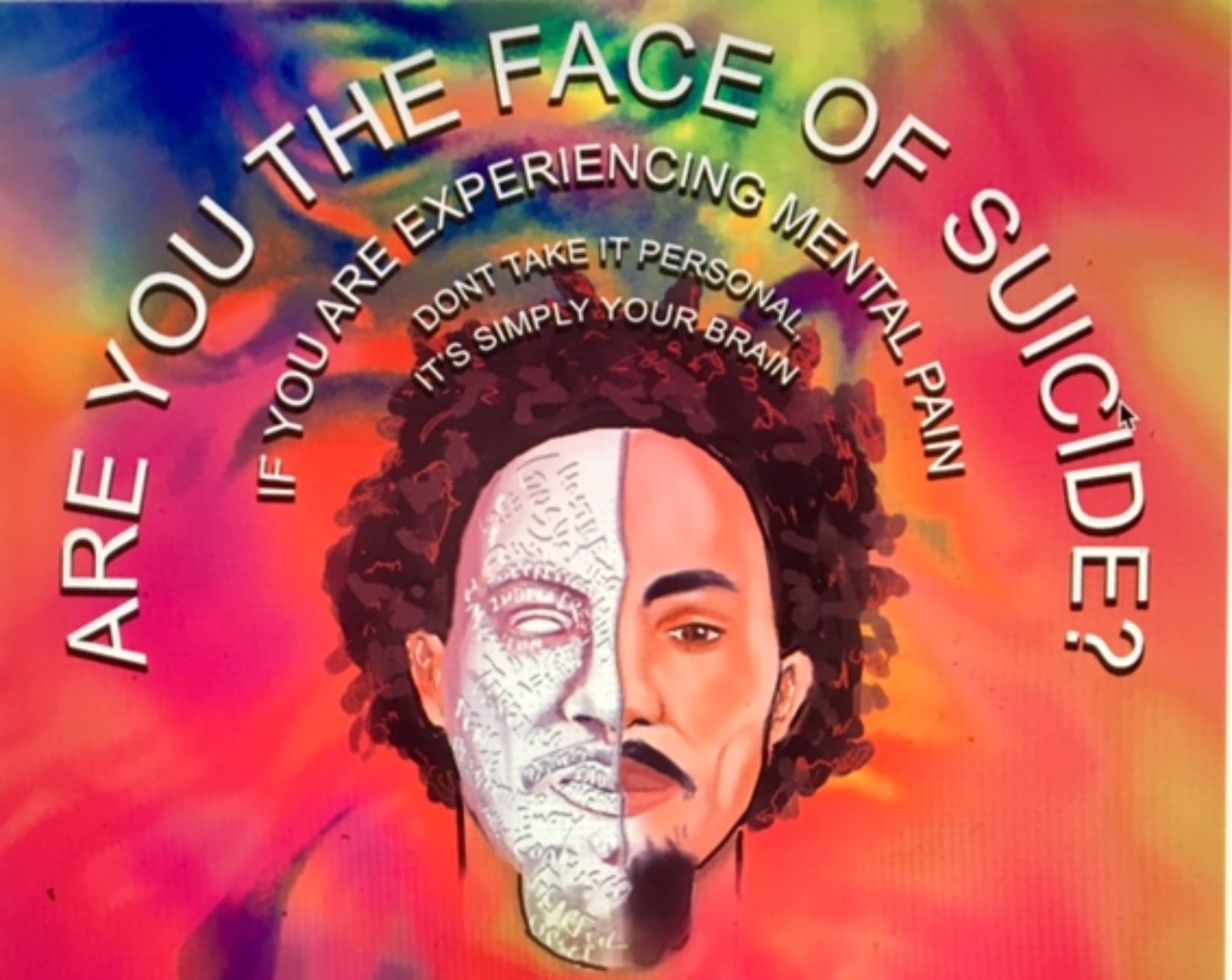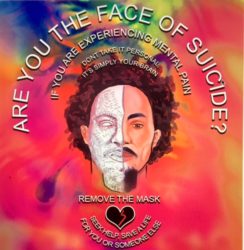Myth: "Depression and suicide are mostly a white middle class problem."
Fact: Depression is an “equal opportunity illness” that can affect anyone, regardless of race or socioeconomic level.
Myth: “People who attempt and die from suicide are weak.”
Fact: Many people who are very "strong and successful” die from suicide.
Myth: "Only depressed youth attempt suicide."
Fact: Youth don’t have to be clinically depressed to have suicidal feelings or to attempt suicide. Even feeling extremely “bummed out” for a relatively short period of time can lead to impulsive suicide attempts. Nevertheless, a person who is clinically depressed for longer periods of time is at higher risk for attempting suicide. Teen Suicide can be a thought away.
Myth: "Discussing suicide may cause someone to consider it or make things worse."
Fact: Asking someone if they’re suicidal will never give them an idea that they haven’t thought about already. Most suicidal people are truthful and relieved when questioned about their feelings and intentions. Doing so can be the first-step in helping them to choose to live.
Myth: “The majority of people are aware of teenage suicide and the signs.”
Fact: Teen Suicide is a silent killer and the less that it is talked about the more silent it has become. Factors of the silence:
- Because most youth suicides are not publicized like homicide and unintentional deaths, people are not aware of it happening at an epidemic proportion.
- Because death by suicide is one of the most tragic deaths, it leaves many unanswered questions and survivors are left so devastated it’s hard for them to talk about it.
- Because families feel stigmatized and ashamed about death by suicide, they don’t share that their loves ones have died from it.
Myth: “People who talk about suicide won’t really do it.”
Fact: Almost everyone who attempts or completes suicide has given warning signs through their words or behaviors. Do not ignore any suicide threats. Statements like “You’ll be sorry when I’m dead” or “I wish I was dead” — no matter how casually or jokingly said — may indicate serious suicidal feelings.
Myth: “If a person is determined to kill him/herself, nothing is going to stop them.”
Fact: Even the most severely depressed person has mixed feelings about death, wavering until the very last moment between wanting to live and wanting to die. Most suicidal people do not want to die; they want the pain to stop. The impulse to end their life, however overpowering, does not last forever.
Myth: “People who attempt suicide and do not complete suicide are just trying to get attention and are not really serious.”
Fact: To a certain degree, they are trying to get attention and help for the pain that they are experiencing. A suicide attempt, even half-hearted, is an attempt to seek help. If the person perceives their action to be a suicide attempt, then that is what it is. Any attempt, regardless of severity, must be taken seriously and help must be sought for the individual.

